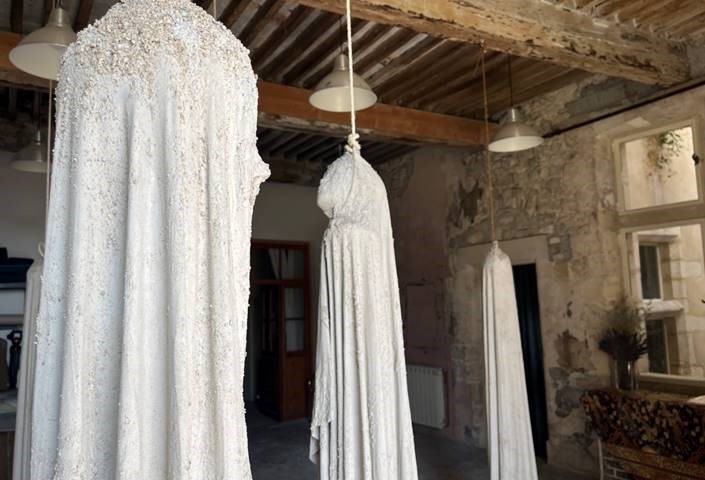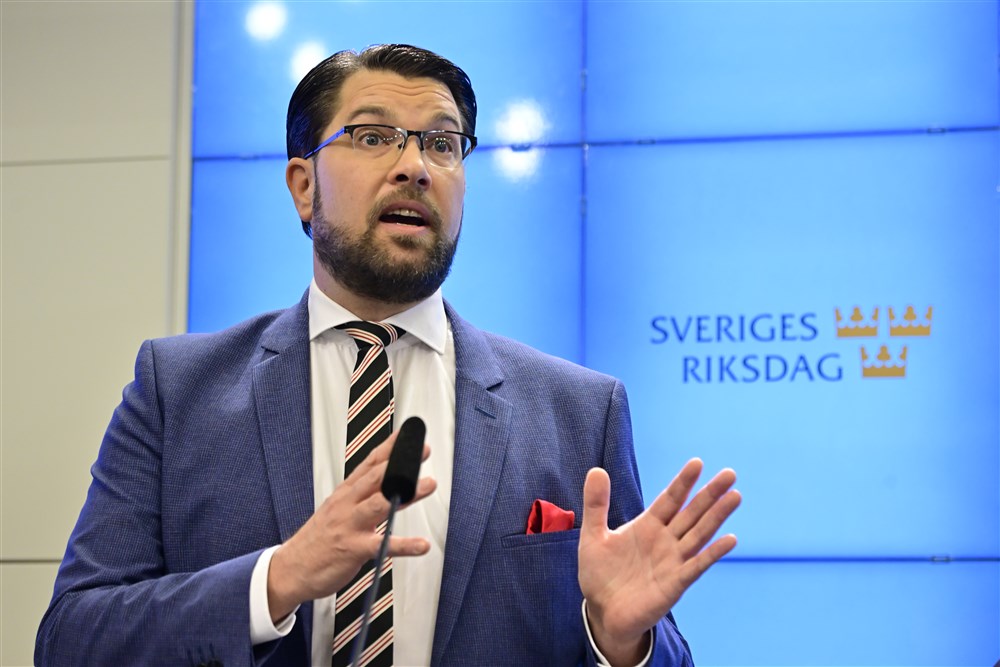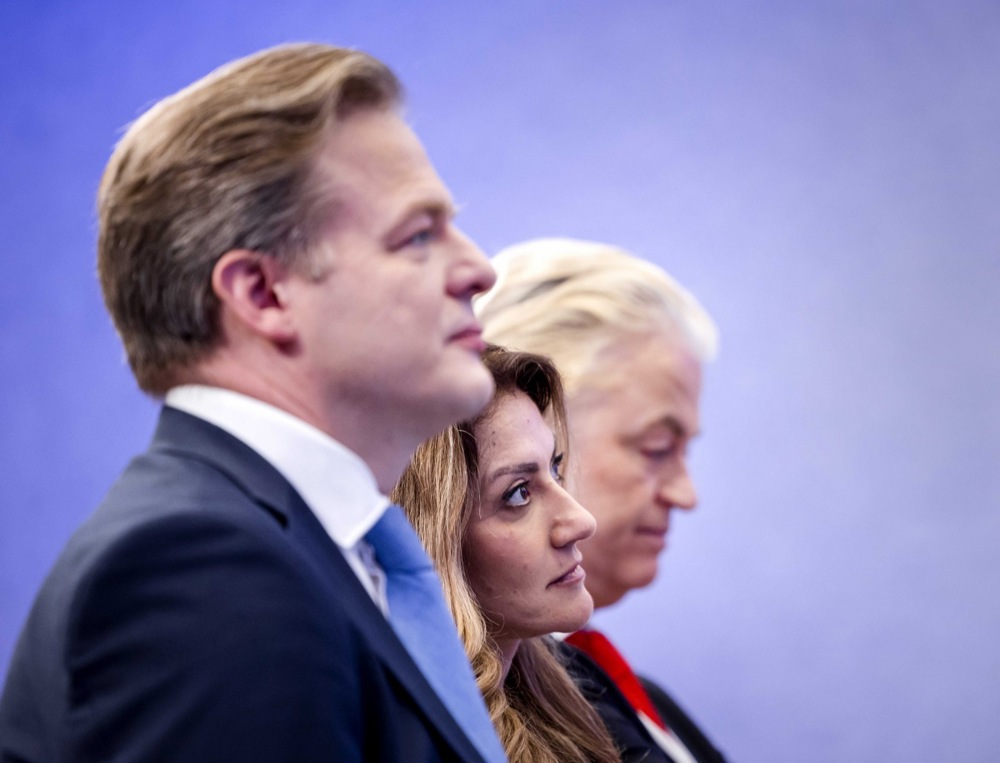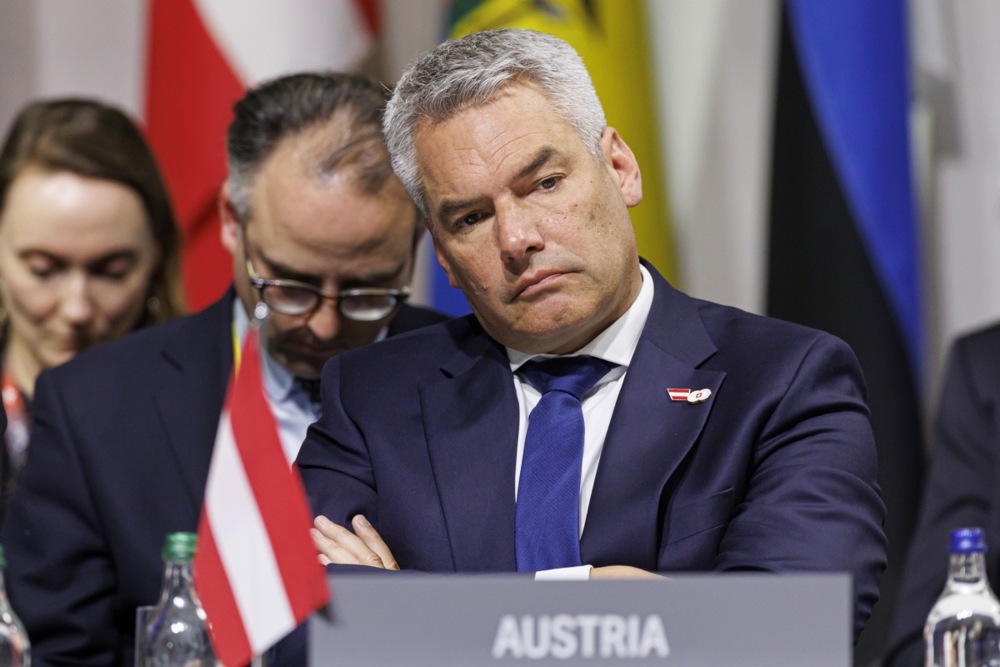Jimmie Åkesson, President of the hard-right Sweden Democrats (SD), has demanded representation in the government after the 2026 election. Otherwise the party will join the opposition, he said.
“It’s the only option available,” the SD leader told Swedish newspaper Expressen.
“It is becoming increasingly difficult for me to explain to our voters why we are not in the government. Why we do not have the executive power position that the other three parties have. There is a strange dynamic in the negotiations.”
In the national elections of 2022, the SD party was the big winner, earning 21 per cent of the vote and growing to become the largest party in the right-wing bloc.
Although not a fully-fledged partner, the SD got to appoint some officials in government positions and participated in national policies and spending plans, with an emphasis on tougher immigration laws and law enforcement.
Now, claiming to have demonstrated the party has evolved into a mainstream one, Åkesson is demanding a full representation and seats in the future cabinet.
The other parties are not enthusiastic. Johan Pehrson, of the centre-right Liberal party, said a few months ago that he would not join a government with the SD party in it.
A source within the Liberal-Conservative Moderate Party told Expressen that the actions by SD in recent months showed that it “is not a party mature enough to take a place in the government”.
During the election campaign, it turned out that SD used troll accounts online, causing offence among other parties. The aim of trolling can be to polarise and pit people against each other, or spread disinformation.
They secured 13.85 per cent of the Swedish vote in the latest European elections, a drop compared to the 15.34 they secured in 2019.





